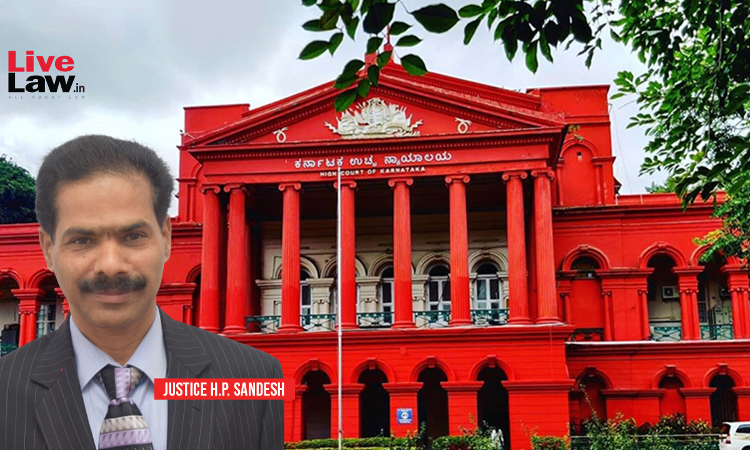The Karnataka High Court bench of Justice H.P. Sandesh has reiterated that when a reasoned order has been passed by the Arbitrator, the same cannot be interfered with. In the case, the court found that the District Court had properly considered sections 73 and 74 of the Indian Contract Act, as well as relevant provisions of the Sale of Goods Act in modifying the arbitral award. The...

